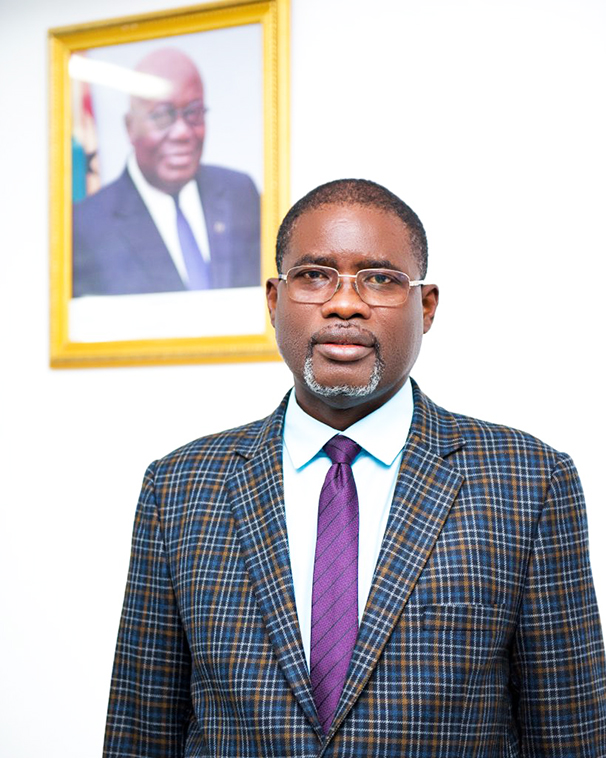The Managing Director of the Ghana Water Company Limited (GWCL), Ing. Dr. Clifford A. Braimah, is pleading with the government to absorb the capital cost of the utility company as a subsidy to her citizens.
According to him, such a move would solve the imbalance existing in the services rendered by his outfit, which is creating inefficiency. The MD told the Public Accounts Committee (PAC) on Monday, July 24, 2023, when it was the company’s turn to respond to queries flagged by the Auditor General in its report.
The Chairman of the PAC, James Klutse Avedzi, referring to the audit report, said the financial position of GWCL dropped from point eight-nine to point four-eight between 2018 and 2019, which he said was not a good ratio.
The GWCL had argued that their loans are always revalued in accordance with the currency rate, and any revaluation adds a liability that is also unable to match the assets of the company.
IMBALANCE
Explaining the situation to the Committee, the MD, Clifford Braimah, indicated that citizens’ water bills across the world are subsidized through governments absorbing capital costs.
According to him, once the capital cost is transferred to the utility, it will be added to the tariff before the asset can be used to yield the needed results to pay, as the tariff is the only source of revenue.
He said that “If governments unlend those loans to the utility and, on the other hand, they ask that those loans not be included in calculating the tariff, it is going to be a serious imbalance that will continue to create inefficiency in the utility. So, we normally consider those capital costs as a subsidy to the citizens of the various countries.”
The MD continued that the GWCL, in its tariff buildup, does not add capital cost, profit, or interest, which he said are the elements that constitute the cost.
“So, there is always an imbalance. And if we don’t check it, we will continue to create inefficiencies in the utility. And the opportunity cost of not having GWCL running is what you pay anytime your pipe is not flowing and you ask a tanker to bring you water—high cost; you don’t even know where the water is coming from. And so it is something that as a nation we need to be looking at—how to fashion them well, how to let the utility grow and stay for everybody,” he asserted.
AGREEMENT
The Chairman of PAC agreed with the position espoused by the MD, explaining that the challenge had been the ability of the consumer to pay the economic rate, “so the government must come in through the subsidy.”
He also explained that the government giving loans as unlending and the GWCL having no tariff to pay would continue to create inefficiency.
EXPENDITURE CUT
The Acting Deputy Managing Director in Charge of Finance, James Abbey, who responded to that, said the liability would continue to balloon as long as loans of the company are revalued.
He explained that the current portions of the loans are treated as current liabilities, increasing them, “and for that matter, they [liabilities] cannot match the current assets, so the current ratio always declines.”
The Chairman retorted that the said loans were invested in the company as assets to produce water and sell it for returns. “Unless you want to tell me that you are not selling the water at an economic rate,” Avedzi posited, and the Finance Director responded in the affirmative, saying, “Mr. Chairman, rightly so.”
Though there was a suggestion for the Public Utilities Regulatory Company to increase tariffs, another recommendation was for GWCL to find a way to cut costs.
Regarding expenditure reduction, GWCL says it is now sending bills electronically as opposed to printing them, thereby saving on paper and cartridges, for instance.









